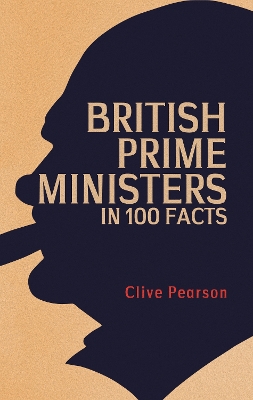In 100 Facts
2 total works
The Second World War was the most widespread conflict in human history. Involving over 100 million people from more than thirty nations, it completely reshaped the world as we know it and led to the birth of the modern era. It gave rise to world leaders both iconic and infamous, instigated the break-up of empires and set the stage for the Cold War between the United States of America and the Soviet Union, which would last for over forty years. In Britain, the war helped to solidify a national identity that lasts to this day, leading to the creation of the welfare state and highlighting the merits of an orderly queuing system.
Clive Pearson takes us on a quick march across the battlegrounds of the world's deadliest conflict, at home and abroad. Witness the war's defining moments and international aftermath, and discover a few lesser-known facts you may never have heard of along the way.
Clive Pearson takes us on a quick march across the battlegrounds of the world's deadliest conflict, at home and abroad. Witness the war's defining moments and international aftermath, and discover a few lesser-known facts you may never have heard of along the way.
Clive Pearson takes us on an engaging whirlwind tour of the fifty-three men and two women who have so far held the office of Prime Minister. We discover how they got to the top of the greasy pole and assess their performance once in power. Perhaps more importantly, we find out what lasting influence they have had on our lives today.
The author also offers up entertaining little-known facts about these key players. Eighteenth-century prime ministers were generally a poor lot, often beset by health problems such as gout and apoplectic fits; later, one nineteenth century premier spent his evenings prowling the streets at night looking for prostitutes to ‘reform’.
This book casts a light on this colourful cast of characters, and offers an entertaining and accessible introduction to those who over the last three centuries have held the highest office in the land.
The author also offers up entertaining little-known facts about these key players. Eighteenth-century prime ministers were generally a poor lot, often beset by health problems such as gout and apoplectic fits; later, one nineteenth century premier spent his evenings prowling the streets at night looking for prostitutes to ‘reform’.
This book casts a light on this colourful cast of characters, and offers an entertaining and accessible introduction to those who over the last three centuries have held the highest office in the land.

